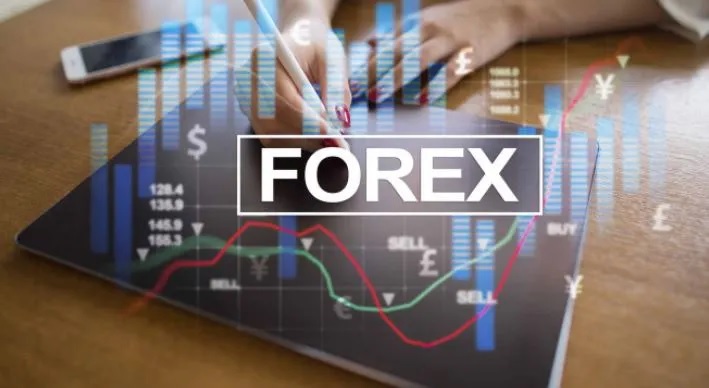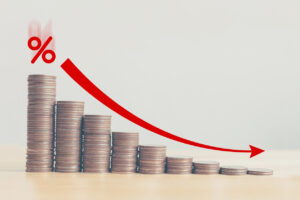
If you’re considering getting into the UK forex trading market, it’s essential to understand its fundamentals. This article will introduce some key concepts and terminology related to trading currencies. By understanding these basics, you’ll be better positioned to start trading and make money off currency fluctuations. So, let’s get started.
What forex trading is, and why should you consider it an investment option?
Forex trading, also known as foreign exchange or currency trading, is buying and selling different currencies to profit from changes in their exchange rate. It’s one of the most popular forms of trading, and there’s a good reason for that – it can be highly lucrative.
The forex market is large and highly liquid, with a daily turnover of over $5 trillion. That means there are always plenty of opportunities to make money, no matter how the market moves.
Moreover, you don’t need a large amount of capital to get started – unlike other types of trading, you can trade with leverage, which means you can control a much more prominent position than your actual investment.
How does the UK forex market work, and what are the main factors that influence currency prices?
The UK forex market is a decentralised market, which means there is no central exchange where currencies are traded. Instead, trading occurs electronically over-the-counter (OTC) between banks, financial institutions, and other traders.
The main factor that influences currency prices is supply and demand. When there’s high demand for a currency, its price will go up, and when there’s low demand, the price will fall. Other factors that can affect prices include economic indicators like inflation and interest rates and political and geopolitical events.
What are the different types of forex trading?
There are two main types of forex trading: spot trading and derivatives trading. Spot trading is a standard forex trade type involving buying one currency and selling another simultaneously. For example, you might buy euros (EUR) with US dollars (USD) and then sell the euros for pounds sterling (GBP).
Derivatives trading is a more complex type of forex trade and involves contracts that derive their value from an underlying asset. A common type of derivative is a futures contract, an agreement to purchase or vend a currency at a set price on a specified date in the future. Other types of derivatives include options and swaps.
What risks are associated with forex trading, and how can you minimise your losses while maximising your profits?
Like all trading, there are risks associated with forex trading – but there are also potential rewards. The key is to understand the risks and learn how to minimise them.
The most significant risk in forex trading is the possibility of losing money. It can happen if you make a bad trade, or the market moves against you. To minimise your losses, it’s essential to have a stop-loss order in place, which is an order to vend a currency when it reaches a specific price.
Another risk is that you might get caught up in emotional trading and make decisions based on fear or greed instead of logic, which can lead to impulsive trades that cost you money. To avoid this risk, it’s essential to have a trading plan in place and stick to it.
Another way to minimise losses is to use risk management tools like stop-loss orders and take-profit orders. These orders will automatically close your trade at a specific price to limit your losses or lock in your profits.
Finally, remember that forex trading is a long-term game – don’t try to make quick profits, and be prepared to hold onto your positions for weeks or even months.
How do you start trading forex, and what are some tips for beginners to get started on the right foot?
If you’re interested to trade forex online, the first step is to find a reputable broker. There are many different brokers, so it’s essential to compare them and find one that offers the features you need.
Once you’ve found a broker, you’ll need to open an account and deposit some money. Then, you can start trading. When starting, it’s essential to trade small amounts of money – don’t try to trade more than you can afford to lose.
Finally, remember to develop a risk management strategy and stick to it, which will help you minimise your losses and maximise your profits.




